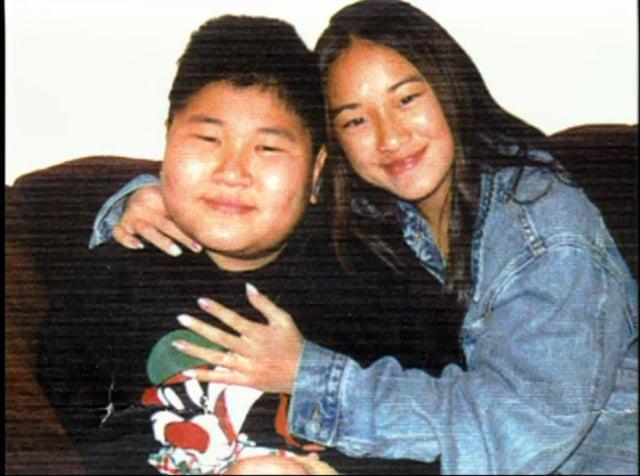Jeng-Bond
Jeng-Bond lives with three other young men and their caregivers, in a licensed home for children and adolescents with severe developmental disabilities and very challenging behaviors. He has a diagnosis of Autism, and is non-verbal. He lived with his large, very loving family for many years, until his behaviors became more difficult for them to manage.
When he was young, his family noticed that he did not interact with people or toys in a typical fashion. He resisted structure at home, preferring, for example, to remove his clothing, eat, or sleep at odd times. They adapted their own lives, the older children staying home and caring for him while the parents worked. They restricted the family’s activities outside the home, due to Jeng-Bond’s inability to tolerate such situations.
Jeng-Bond could be very affectionate and responsive to his family, but when he became anxious or frustrated, he would have tantrums, hurt himself, and sometimes strike out at family members. They realized they did not know how to provide the best care for him, and that with more specialized structured training available, he could learn more appropriate behaviors, routines, and living skills. The home where he lives provides round-the clock care, supervision, and training, and specializes in dealing with his challenging behaviors. He also attends a special education program during the day. The family maintains their close relationship with Jeng-Bond, and they visit him, or take him home for visits, regularly.
Through coordinated training at school and at home, Jeng-Bond has become very successful at using the Picture Exchange System (PECS), for communication of his basic needs. He is also responding well to structured, positive behavioral intervention to reduce some of his repetitive and self-stimulatory behaviors. If not redirected, he will still attempt to carry out certain ritualistic behaviors, such as taking multiple showers. He also picks at his skin, causing small lesions and preventing them from healing. But his caregivers’ close supervision helps to redirect him to more positive activities, and he has learned to tolerate interruptions to his ritualistic and self-abusive behaviors, and the structure which his coordinated program provides.


